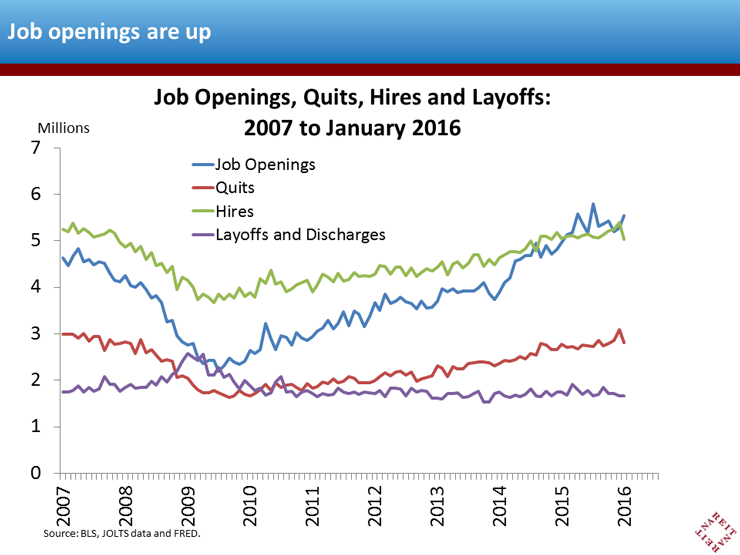IcebergSlim
Diamond Member
- Oct 11, 2013
- 10,886
- 9,142
- 2,255
- Banned
- #261
At what rate (as % of GDP) is the Federal Government taxing?The leveraging has to do with particularly that when W went on a spending orgy, Federal spending never goes down. So when the economy went down and the government kept spending money at the rate W spent it, it was unsustainable. W's spending orgy didn't trip the horse, but it was a giant weight on the horses back and when it tripped it brought it down that much harder.
Again that's not how it works, you are making up horses and whats on their back - it's a completely false analogy that doesn't represent reality of public DEBT's effect on economy.
The single biggest contributor to our deficits have been tax-cutting policies - would you say that those tax-cuts caused growth or contraction?

Tax cuts don't grow deficits, not at the rate we're taxing. You're a government lover, the more the better. I get it. I'm a liberty lover. Big government is in direct conflict with that
How does that compare to the long run average?


